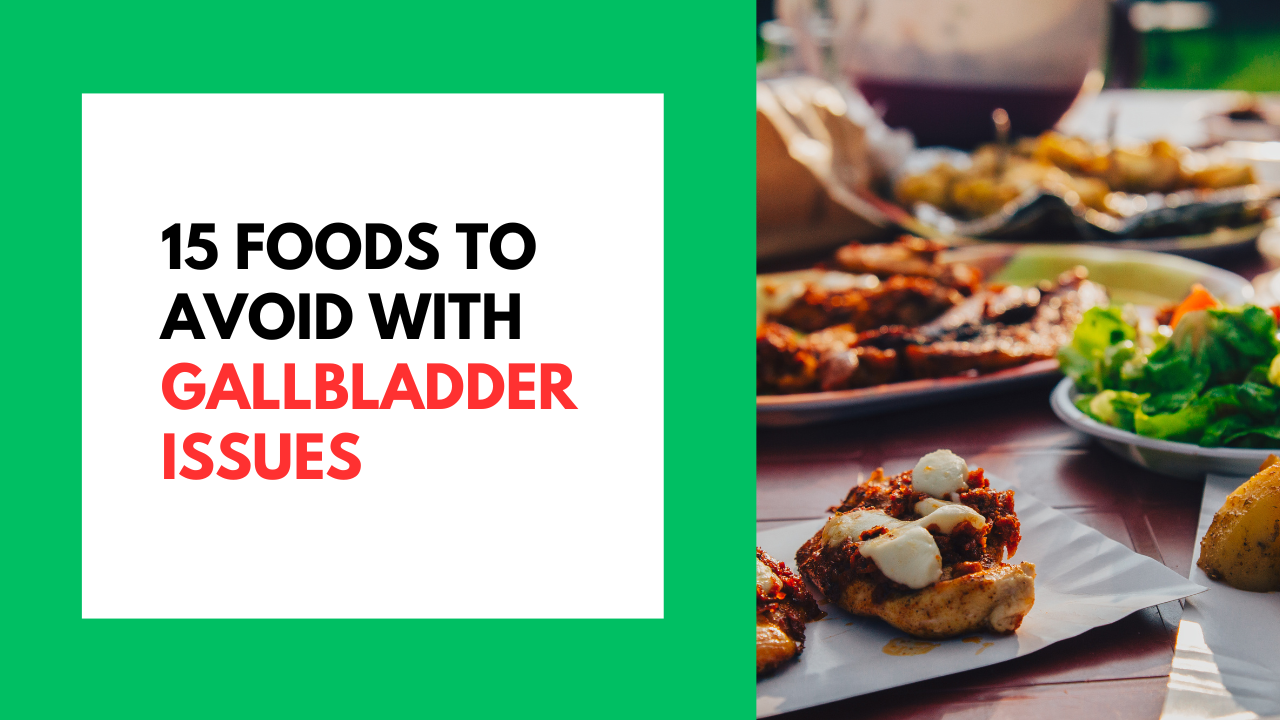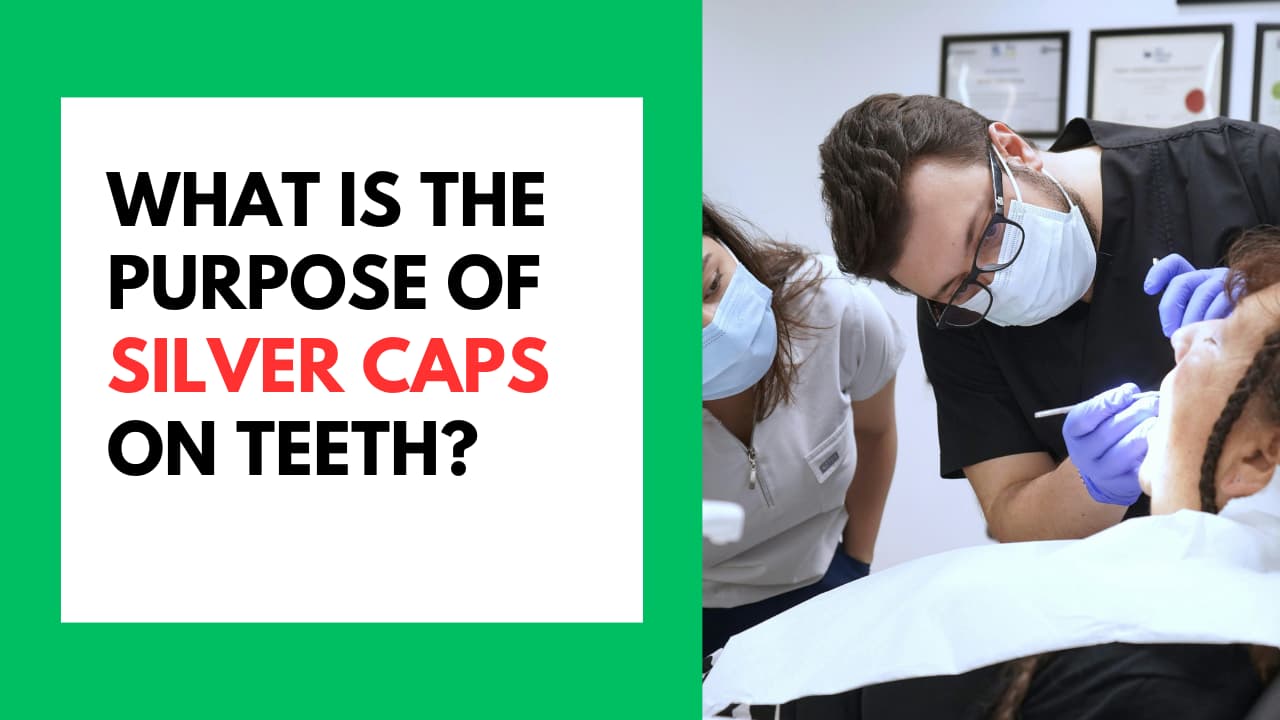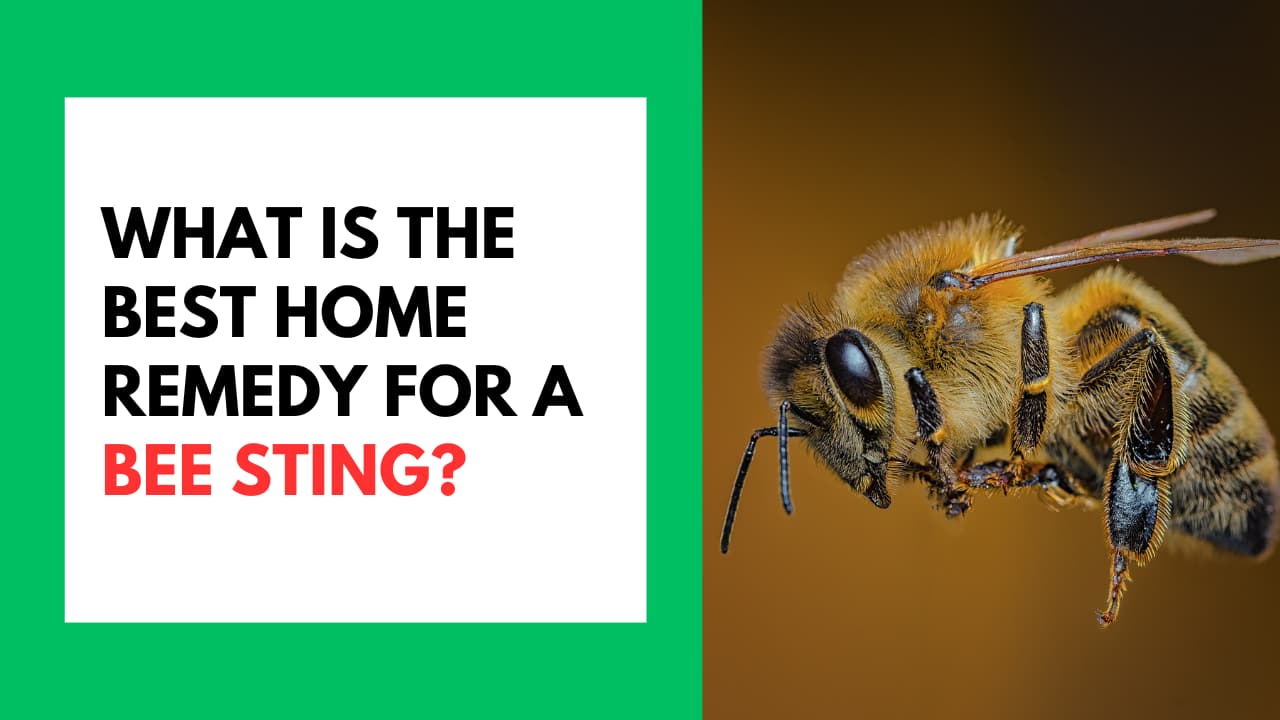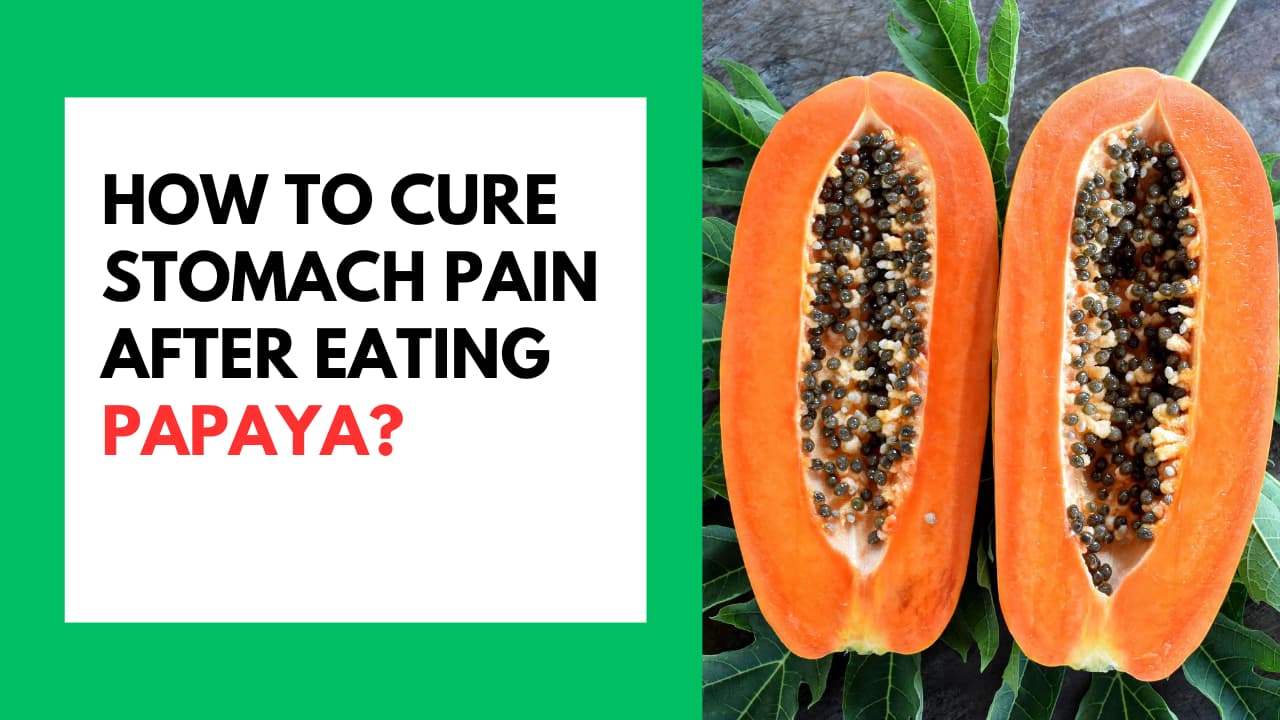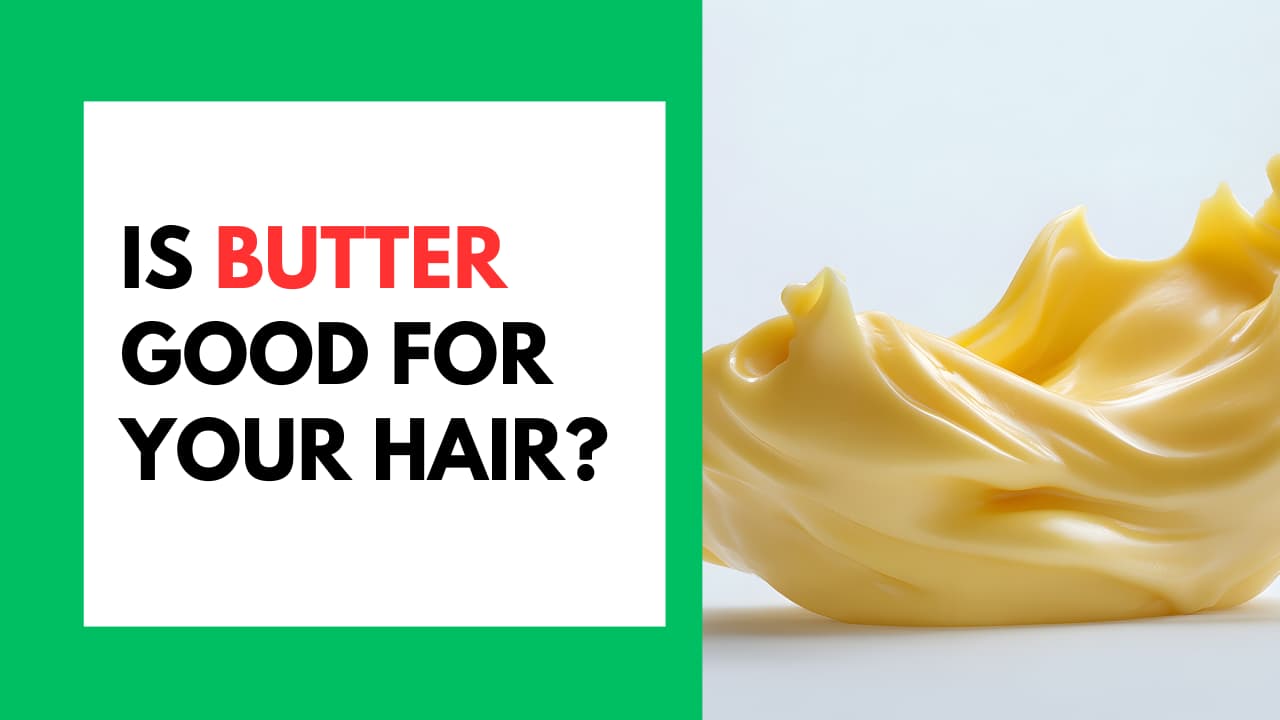Have you ever felt sharp pain in your upper belly after eating a greasy meal? That could be your gallbladder reacting! This small organ helps digest fat by storing and releasing bile, but too much fatty or processed food can upset it, leading to pain, gallstones, or inflammation. Therefore, we say diet plays an important role in keeping your gallbladder healthy and functional. If you want to avoid problems and feel your best, it’s important to know which foods to skip. Let’s go over those 15 foods you should avoid if you have gallbladder issues.
Expert in This Article
Dr. Alibhai is a board-certified general surgeon who is founder and President of NOVA Bariatrics and General Surgery.
1. Fried and Greasy Foods
Fried and greasy foods are some of the main reasons for gallbladder pain and discomfort. These foods have a lot of unhealthy fats, which make the gallbladder work extra hard to release bile for digestion. If your gallbladder is inflamed or has gallstones, this extra effort can cause cramps and sharp pain. Common examples are fried chicken, French fries, and greasy fast food.
Staying away from these foods can ease the pressure on your gallbladder and help prevent painful flare-ups. According to Dr. Mustafa H. Alibhai of NOVA Bariatrics & General Surgery, “Minimally invasive surgery and lifestyle changes go hand in hand in managing gallbladder issues effectively.” Choosing to bake, grill, or steam your food instead of frying can help reduce symptoms and protect your gallbladder.
2. High-Fat Dairy Products
Dairy products like whole milk, cream, butter, and cheese are full of saturated fat that can stress your gallbladder. These fats make your body produce more bile, which can make gallbladder problems worse or cause pain from gallstones. Choosing low-fat or fat-free versions of dairy products is a better choice for people with gallbladder issues. Cutting back on full-fat dairy helps reduce the chances of pain and supports your gallbladder’s health.
3. Red Meat
Meats like beef, lamb, and pork have a lot of saturated fat and cholesterol, which can make gallbladder problems worse. These fats make the bile more likely to form stones and can cause more inflammation. Red meat also takes longer to digest, putting more stress on the gallbladder. Instead, choose lean meats like chicken, fish, or plant-based proteins, which are easier to digest. Dr. Alibhai points out, “A balanced diet tailored to individual needs is essential for managing obesity and related gallbladder conditions.” Cutting down on red meat is an important part of that balanced diet.
4. Processed and Packaged Foods
Frozen meals, packaged snacks, and fast food often contain harmful fats, preservatives, and other chemicals that are bad for your gallbladder. These foods are usually high in unhealthy fats and low in fiber, which slows down digestion and raises the risk of gallstones. Eating fresh, whole foods helps your digestion and supports your gallbladder.
5. Sugary Foods and Drinks
Too much sugar, especially from sodas, sweets, and baked goods, can lead to weight gain and insulin resistance, both of which are linked to gallbladder disease. High sugar levels can also lead to inflammation and thicker bile, increasing the risk of gallstones. Cutting back on sugar helps you manage your weight and reduces inflammation, easing gallbladder problems. Dr. Mustafa H. Alibhai says, “Obesity puts extraordinary stress on your body, leading to conditions like gallbladder disease.” Avoiding sugary foods is important for keeping your gallbladder and overall health in check.
6. Refined Carbohydrates
Foods like white bread and white rice don’t have much fiber and cause quick spikes in blood sugar and insulin, which can lead to gallstones. Whole grains with fiber help digestion and improve bile flow, putting less pressure on the gallbladder. Replace white carbs with whole grains like brown rice, quinoa, and oats to help your gallbladder and manage your weight. Dr. Alibhai, who specializes in weight-loss surgery, says, “Cutting out refined carbohydrates is an important step in managing gallbladder problems. These sugars can lead to gallstones and inflammation, so eating whole, natural foods can really improve your digestive health.”
7. Carbonated Drinks
Sodas and fizzy drinks, especially those with added sugar or artificial sweeteners, can cause bloating and gas, making gallbladder discomfort worse. They can also lead to weight gain and other problems that affect your gallbladder. Drinking water or herbal teas instead can ease symptoms and help digestion.
8. Caffeinated Beverages
While small amounts of caffeine are okay for most people, drinking a lot of coffee, energy drinks, or strong tea can upset the digestive system and cause gallbladder spasms in some people. Try to limit your caffeine and go for decaf or herbal drinks if you notice discomfort after having caffeine.
9. Spicy Foods
Spicy meals with chili peppers, hot sauces, or strong seasonings can irritate your stomach and worsen gallbladder symptoms. They may cause extra bile release, leading to painful cramps. If spicy foods make your symptoms worse, it’s best to avoid them or eat them in small amounts until your gallbladder is doing better.
10. Alcohol
Drinking alcohol can irritate the liver and gallbladder, slow down bile production, and worsen gallbladder disease. Heavy drinking is especially risky and can increase the chance of gallstones and inflammation. Avoiding or limiting alcohol helps protect both your liver and gallbladder from further damage.
11. Nuts and Seeds
Even though they are healthy in general, nuts and seeds are high in fat, which can be hard for a weak gallbladder to handle. Some people with gallbladder problems feel pain after eating them. It’s best to eat them in small amounts and see how your body reacts.
12. Eggs
Egg yolks are full of fat and cholesterol, which can make the bile thicker and increase the chance of gallstones. Eggs are a great source of protein, but if you have gallbladder issues, you might need to cut back on yolks and eat more egg whites instead.
13. Shellfish
Shellfish like shrimp, crab, and lobster contain cholesterol and fat, which may trigger gallbladder pain for some people. If you notice discomfort after eating shellfish, it’s better to limit them or skip them entirely.
14. Ice Cream and Desserts
Ice cream and other rich desserts are full of sugar and fat, which can stress the gallbladder and cause inflammation. These treats may lead to painful gallbladder attacks. Try choosing low-fat desserts or fresh fruits instead.
15. Butter and Margarine
Butter and margarine have high amounts of saturated and trans fats. These fats raise bile cholesterol levels and make gallstone problems more likely. They also slow digestion and make gallbladder pain worse. Healthier oils like olive or avocado oil are better choices for cooking and flavor.
Wrapping Up
Taking care of your gallbladder means paying close attention to what you eat and how you live. As Dr. Mustafa H. Alibhai says, “Fighting obesity and related conditions demands a personalized approach combining surgery, nutrition, and ongoing care.” Avoiding these 15 foods can help reduce strain on your gallbladder, lower the risk of painful attacks, and improve your digestion and overall health.
Infographic: 15 Foods to Avoid with Gallbladder Issues


Annie Edith is an experienced journalist and content creator with a strong passion for health and wellness. She takes a unique approach to her writing, exploring the latest trends in Dental, Fitness, and mental well-being, while providing readers with informative, research-based articles.

